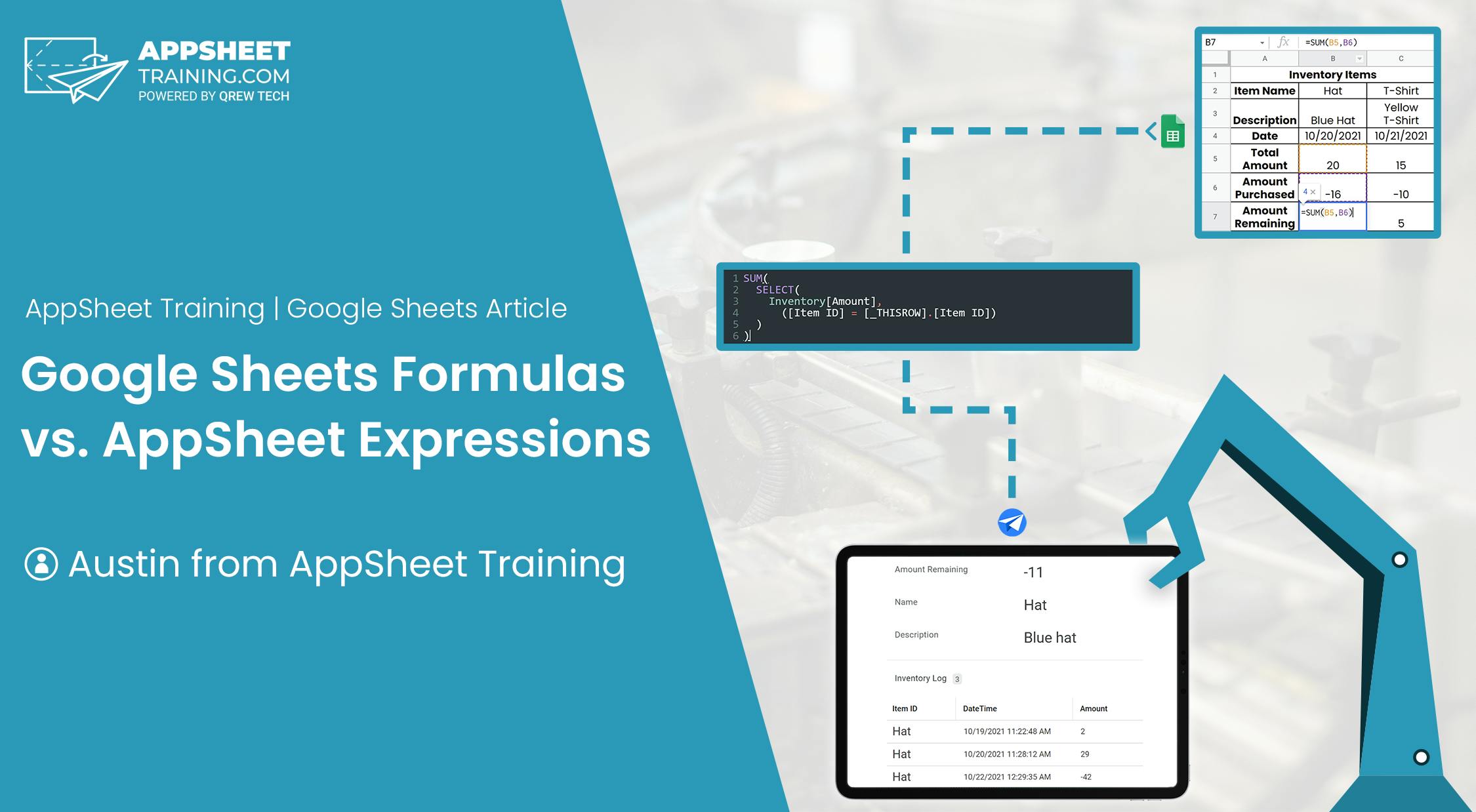
#APPSHEET VS AIRTABLE FREE#
AppSheet also offers free and paid plans, but its pricing model is based on the number of app users, with additional features available in higher-priced plans. Pricing: Airtable offers both free and paid plans, with pricing tiers based on usage and features. This makes AppSheet more versatile in terms of data connectivity and integration capabilities compared to Airtable. Integrations: Both Airtable and AppSheet offer integrations with popular third-party tools, but AppSheet has a broader range of integrations and connectors to various data sources, including databases, cloud storage, APIs, and more. Airtable, on the other hand, offers limited automation capabilities through its built-in automations or integrations with other tools, but may not be as robust as AppSheet in terms of custom logic and automation options.

It allows users to define expressions and workflows using its own formula language and automation features, which provides more flexibility in creating custom business logic and automating workflows.
#APPSHEET VS AIRTABLE OFFLINE#
AppSheet provides a more comprehensive set of mobile-specific features, such as support for device sensors, offline data sync, and app store deployment, which makes it more suitable for creating mobile applications compared to Airtable.Ĭustom Logic and Automation: AppSheet provides more advanced capabilities for defining custom logic and automation in applications. Mobile App Development: While both Airtable and AppSheet allow users to create mobile applications, AppSheet is specifically designed for creating mobile apps that work offline, have native-like performance, and can be published to app stores. AppSheet, on the other hand, provides a more form-based and rule-driven approach to building applications, where users define data sources, workflows, and UI elements using a combination of forms and expressions. It provides a wide range of pre-built templates and integrations with popular tools. It provides a more structured approach to defining data models and relationships.Īpplication Development Approach: Airtable offers a more visual and drag-and-drop interface for building applications, where users can create custom views, forms, and automations without writing code. AppSheet, on the other hand, is more focused on creating mobile apps that leverage data from various sources, including spreadsheets, databases, and APIs. It provides a flexible and intuitive interface for creating, organizing, and managing data.

Airtable and AppSheet are both no-code/low-code platforms for building custom applications, but they have some key differences:ĭata Structure and Management: Airtable is primarily a visual database and spreadsheet-like tool that allows users to create custom databases with tables, fields, and records.


 0 kommentar(er)
0 kommentar(er)
